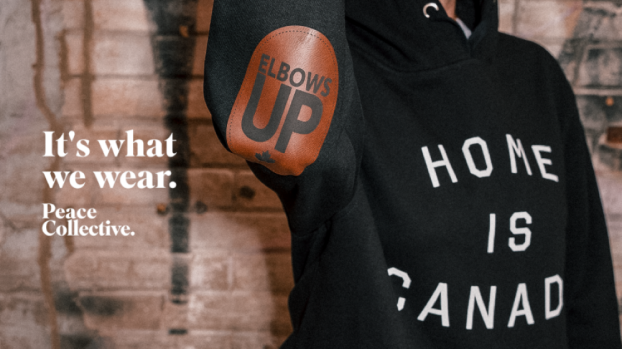It has been more than 20 years now since McIntyre & Dodd pioneered the co-op direct mail coupon envelope in Canada.
The Carole Martin co-op envelope became the first national direct-to-consumer couponing/ sampling vehicle.
Since that time there have been many advancements made through the evolution of consumer promotion.
The first significant breakthrough came in the early 1980s with the introduction of a product called the Shop & Save free-standing insert.
Alternative delivery
This offered an alternative delivery system by using home-delivered newspapers rather than Canada Post.
The fsi concept quickly established itself as the promotional vehicle of choice to deliver coupons and promotional offers/contests for packaged goods marketers.
These two coupon delivery systems have played a major role in the growth and expansion of consumer promotion.
In many instances one or both are part of the strategic marketing mix of major advertising campaigns. Television, radio and print create the positive images and couponing/sampling generates the positive response and action by consumers.
For the most part, the economic climate in the ’90s has not been kind to many and this has radically changed the direction and focus of marketers charged with the responsibility of building the sales and market share of their products.
Challenges
The challenge comes with reduced promotional budgets and constant competitive pressure from both branded and private label products in today’s retail-/ trade-driven environment.
These dynamics will continue to have a major influence on the type of couponing/sampling vehicles that can meet these challenges and deliver measurable results without breaking the bank.
Low-cost, targetted promotional vehicles that combine couponing and sampling capabilities with guaranteed timing and performance will become the only acceptable distribution systems in the future.
The windows of opportunity at retail are becoming smaller each year. For this reason it is critical that the consumer promotion reaches the target audience before the trade promotion at retail.
When this fails to happen, the loss of opportunity can be expensive and embarrassing.
Powerful incentive
Samples can be a powerful incentive to try a new or competitive product. The sample alone may encourage trial, but I do not believe that it is enough to ensure the purchase of the product without a coupon incentive.
Consumers today are not demonstrating loyalty as in previous years. They appear more concerned with stretching their buying power by shopping for products that offer quality and value.
Advertising without promotional support that targets consumers does not deliver the positive results it once did. In today’s highly competitive environment it not only can prove to be ineffective, it also opens the door for competitors.
Those who fail to believe this can take a look at the impact private label brands have had on the North American market in the past year.
The latest A.C. Nielsen results show dramatic, if not staggering, growth in many key categories such as cereals, soft drinks, disposable diapers and cookies.
With the fall and winter selling periods approaching, in some key segments such as healthcare, private label brands collectively hold the No. 1 or No. 2 position in such important categories as cold and flu remedies, headache remedies and adult multiple vitamins.
Branded share
These gains are clearly at the expense of established branded products.
If the No. 1 brands can be successfully attacked, the No. 3 and 4 brands are vulnerable and will need to develop more aggressive, targetted and innovative consumer promotion to survive.
There are already clear signs of de-listings and multiple size reductions of products that were previously thought untouchable to make more room on-shelf for private label entries.
Database marketing
Database marketing will become the catalyst for coupon/ sampling programs in the future.
A targetted promotional vehicle generates superior results to mass distribution, which translates to better cost efficiency.
After extensive research and testing m&d launched a targetted fsi called Shop & Save Plus. The delivery system was Canada Post, and the results have been positive.
The strong results have supported two new formats, Shop & Save Plus Rural and an Apartments version. Both are in test market.
The next generation of database technology will be introduced in early 1994.
Hybrid vehicle
By reading results from key participants in the Shop & Save Plus programs, we have the capability to develop a hybrid delivery vehicle that targets one million of the strongest performing direct mail-responsive households in Canada.
The future for couponing and sampling is hard to predict.
However, based on the current retail revolution and other external factors, there appear to be some clear trends developing.
By 2000, database marketing will provide a lifeline for the survival of many brands.
Customized catalogues
High tech companies will communicate with consumers by means of customized catalogues and brochures that offer coupons and samples that will enable shop-at-home, interactive smart shopping for a multiplicity of products and services.
This will form the link between manufacturers and highly automated retailers who can probably offer same-day delivery from strategic warehouse locations as a value-added service.
Edward Cassidy is vice-president of sales at Etobicoke, Ont.-based McIntyre & Dodd Marketing, a company that specializes in direct-to-consumer promotions through direct mail, free-standing inserts and database marketing.























